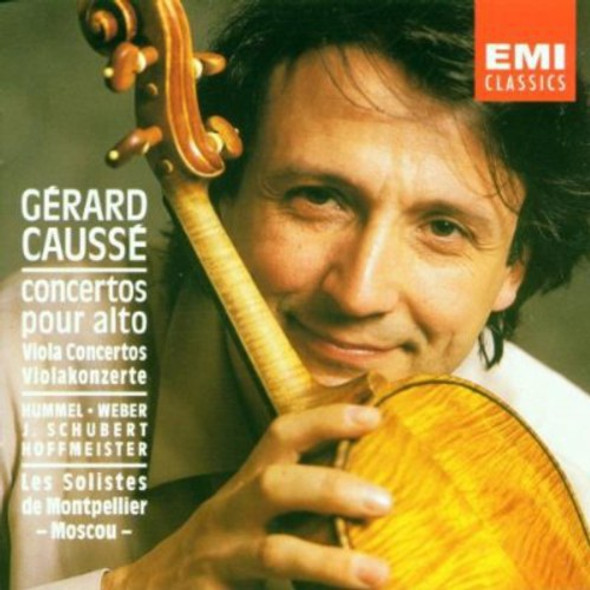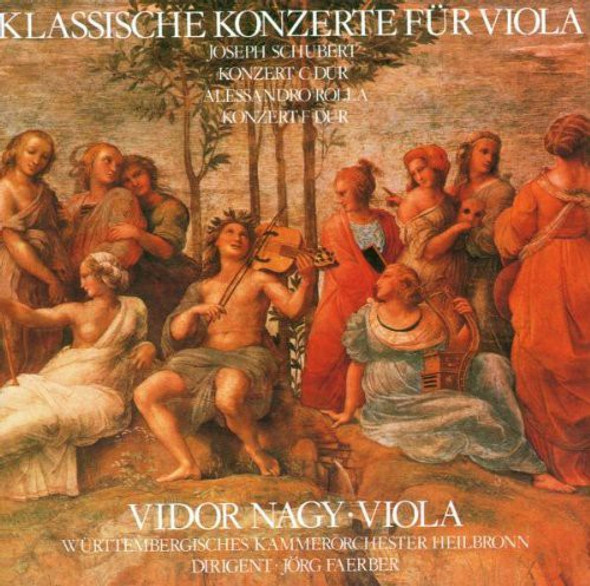BRILLIANT CLASSICS
Rolla / Braconi Viola Concertos / Symphony In D / Tantum Ergo CD
- SKU:
- 38316005
- UPC:
- 5028421955049
- MPN:
- 95504
- Condition:
- New
Description
As both conductor at La Scala from 1802 to 1833, and a professor at the new conservatoire in Milan, Alessandro Rolla (1757-1841) was the heartbeat of Milanese music in the turbulent early decades of the 19th century. He was also an accomplished performer on both violin and viola, and his own compositional output reflects his instrumental mastery, filtered through his experience of leading the Italian premieres of quartets and symphonies by Beethoven as well as operas by Mozart: he was a complete musician of his time. The F major Viola Concerto opening this attractive new album belongs to Rolla's apprentice years in service to the ducal court at Parma. With it's uncompromising technical demands and unwavering focus on the solo instrument, the concerto represents a missing link between the idioms of Tartini and Paganini. The dawn of bel canto may be discerned in the slow movement of the album's concluding D minor Viola Concerto, which concludes with a charmingly bucolic Rondo. Dating from Rolla's Milanese years, the 1805 Tantum ergo also features a concertante role for the viola, in sinuous accompaniment to the vocal bass soloist: a highly original device perhaps prompted by Mozart's famous Sinfonia Concertante. As a performer, Rolla reserved the most haunting melodies and moments for himself: After a vocal cadenza on the closing Amen it is the viola that sets the seal on the work with an intensely lyrical phrase and a brilliantly virtuosic stretta. The D major Sinfonia likewise belongs to the first decade of the 1800s - infused with Rossinian verve and bubbling with operatic drama in the quick outer movements. The Milanese violist Simonide Braconi plays Rolla's music to the manner born, being the long-standing principal violist at La Scala. He is accompanied here by a chamber orchestra based in nearby Pavia and specialising in Classical-era works by neglected composers.
View AllClose






